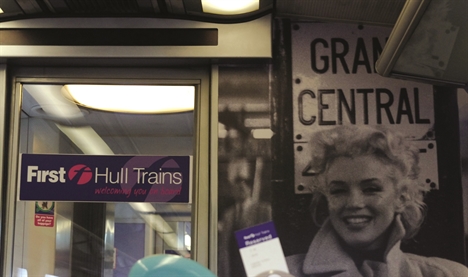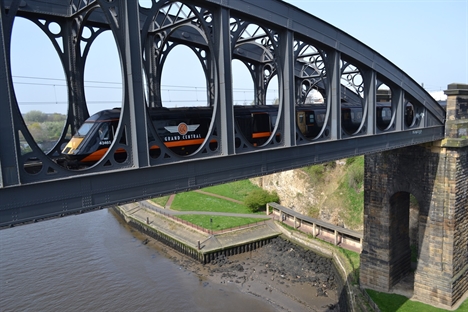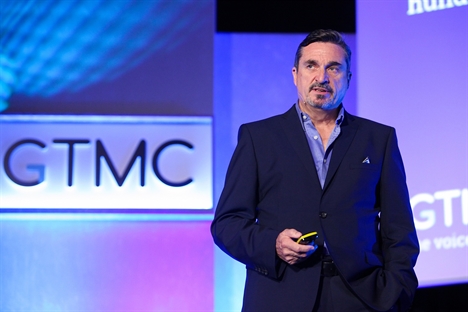01.08.15
Business travellers want more open access operators
Source: RTM Aug/Sep 15
Paul Wait, chief executive of the GTMC, the professional body for travel management companies, makes the case for more open access operations on the UK rail network.
At the GTMC, it is our firm belief that investment in railway infrastructure has a critical role to play in laying solid foundations from which UK plc can continue to grow its economy through increased business travel. We are avid supporters of high-speed rail, action to reduce rail fares and investment in other modernisation projects such as ensuring the availability of free wi-fi.
Better connectivity means better opportunities for businesses. At the GTMC, we are the industry body for business travel – our members deliver 80% of UK expenditure on managed business travel – so we truly understand the impact of a more efficient and competitive rail network.
Our research has repeatedly shown that three-quarters of regular business travellers consistently express support for two or more rail companies operating in competition on the same line. The experience of open access on the East Coast Main Line demonstrates that it delivers greater competition in pricing, better connectivity and increased investment into station facilities.

Our work has included calling for the Office of Rail & Road (the ORR, formerly the Office of Rail Regulation) to recognise the benefits that greater competition delivered by open access can bring to the UK’s rail network. In January 2014, we delivered a dedicated report – ‘Open Access: Business Travel Benefits from Genuine Rail Competition’ – to political decision-makers and the ORR. This report called for the Department for Transport and the ORR to drop their opposition to long-distance open access rail services.
The recent news that the ORR has approved new off-peak services between London and Lancashire on the West Coast Main Line is a step in the right direction. Greater connectivity to and from London for towns such as Blackpool, Poulton-le-Fylde and Kirkham and Wesham will be fantastic news for businesses based in this area of the north west. Enhanced infrastructure outside the south east drives investment, which is good news for a more balanced national economy. The GTMC, on behalf of business travellers across the UK, welcomes the positive progress of the ORR. However, there is much to do in this area and we hope that this is just the start.
Rail investment is a topical debate; one that unfortunately isn’t moving as fast as the routes and services on the table claim to offer. Services such as HS2 will ensure business travellers reach their destinations with the greatest speed and ease, making it easier for business to take place, as well as increase business travel productivity. However, in failing to deliver connectivity between HS2 and travel hubs such as Heathrow Airport, along with rail routes to the European mainland such as HS1, the UK government is failing to deliver a truly integrated transport network and as such it can only be referred to as ‘HS1.5’.
Putting it simply, just reducing the number of interchanges required to access key infrastructure would mean a great improvement in the ability of business travellers to work while on the move, by removing the inconvenience and delays of multiple changes of train.
From our ongoing conversations with business travellers, we know they work while en route. In fact, our recent Business Rail Traveller survey shows that 80% of business rail travellers typically work through a large proportion of a rail journey that is over 50 miles long.

It is vital that business travellers can ensure their journeys are as swift and simple as possible to maximise on time for business to take place and that they are given the full opportunity to work while they are on the move. Not supporting this is detrimental, as business travellers play an intrinsic part in driving sustainable economic growth. The government claims it is carrying out ‘the biggest rail modernisation since Victorian times’. Unfortunately, these plans don’t seem to be moving at a sufficiently fast pace.
The evolution of a modern railway network, which provides faster services, increased connectivity, free on-board wi-fi as standard and with competitive pricing is vital for the UK economy to grow and to help us to compete against our international competitors. This requires investment and action in the short term so that we can reap the economic benefits in the long term.
Greater use of open access to drive down fares and drive up standards, and more investment into routes that provide a truly integrated transport network, should be just the beginning.

(Photo credits, from top: Maarten Otto; Matt Buck; El Bingle; GTMC)